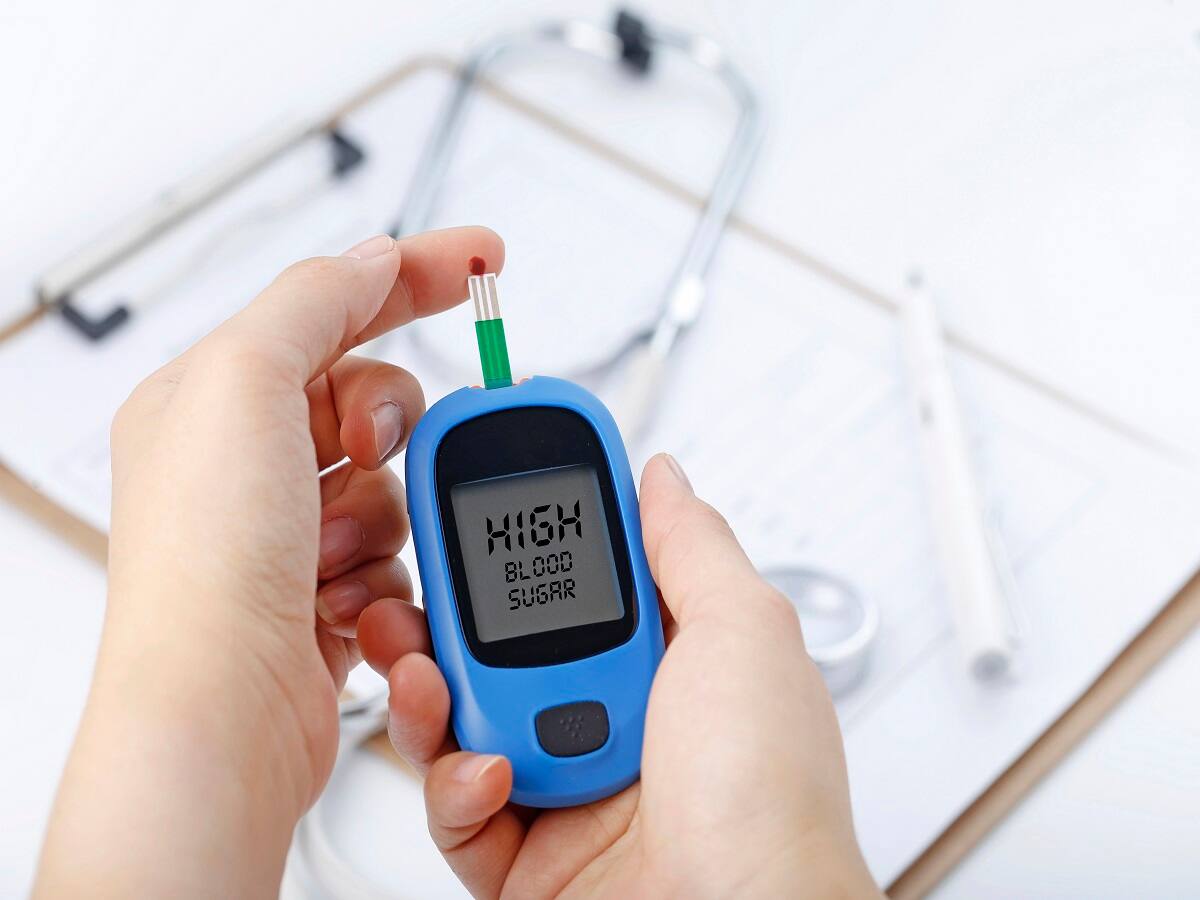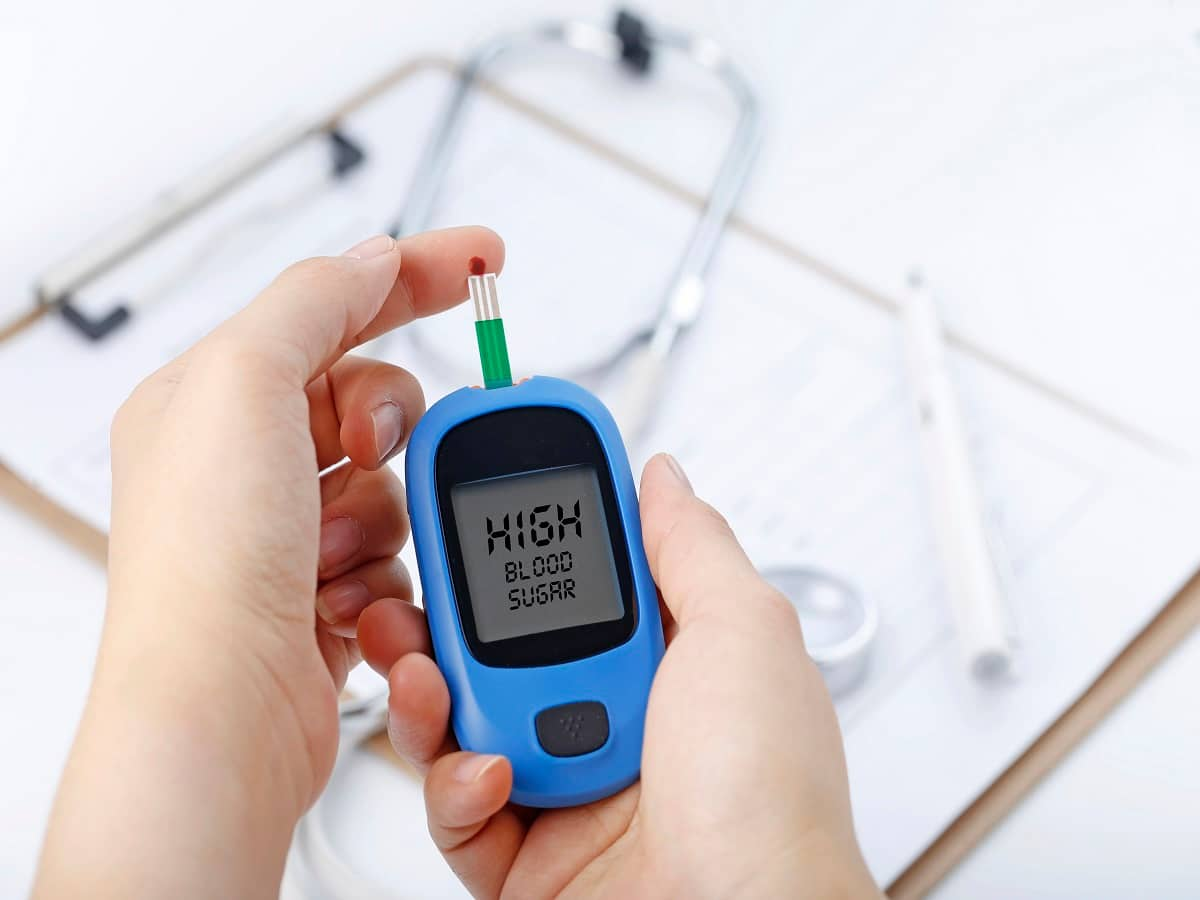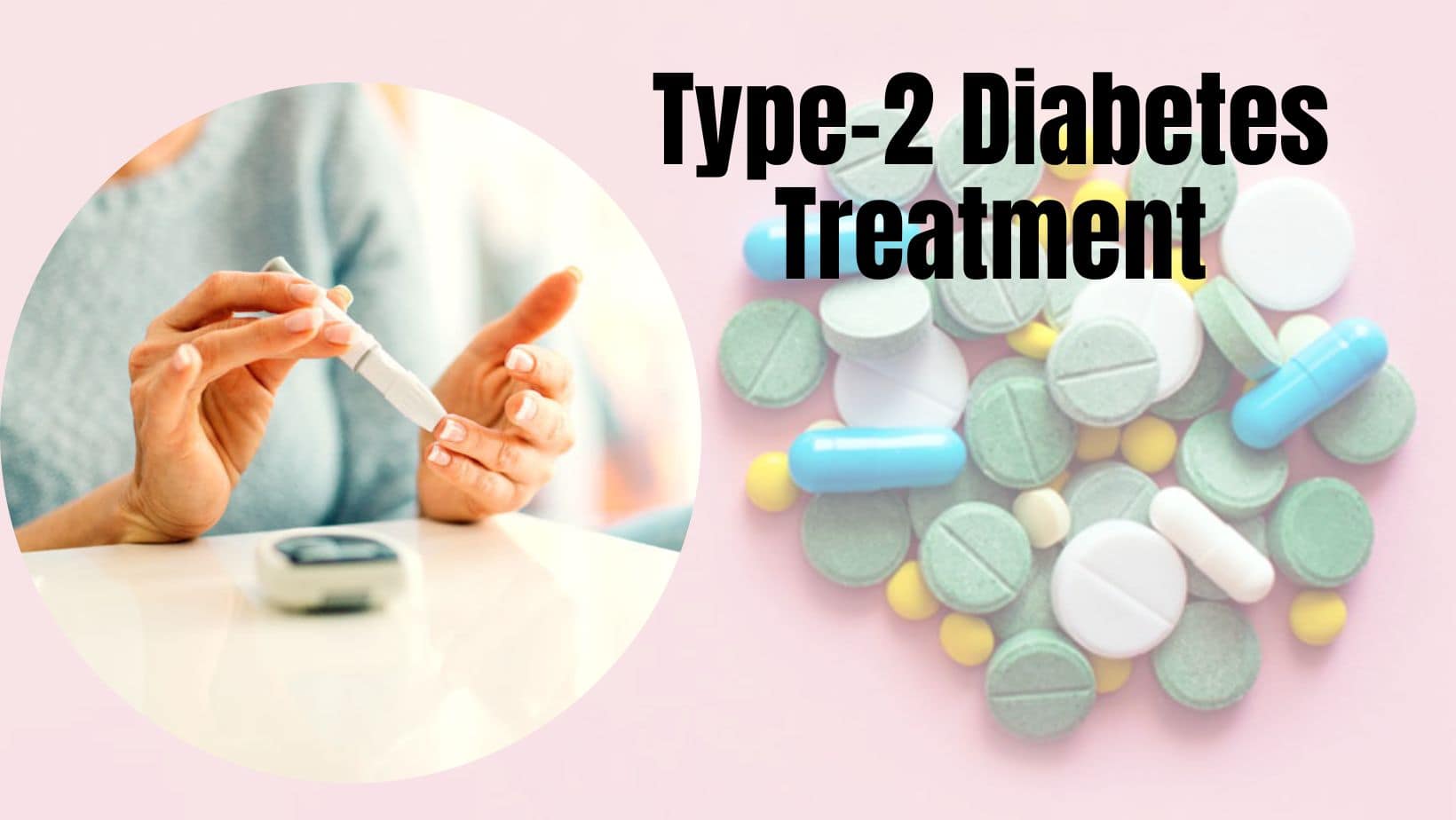 Can Diabetic Patients Consume Alcohol? Here Are 5 Harmful Impacts – People with diabetes should be particularly cautious when it comes to drinking alcohol because alcohol can make some of the complications of diabetes worse.
Can Diabetic Patients Consume Alcohol? Here Are 5 Harmful Impacts – People with diabetes should be particularly cautious when it comes to drinking alcohol because alcohol can make some of the complications of diabetes worse.
Diabetes in itself is not a very annoying diseases with a lot of unmanageable symptoms but it can lead to the manifestation of a lot of other diseases such as heart attack, stroke, heart failure, eye problems and kidney problems and many other serious illnesses. Complex carbohydrates are one of the main reasons of diabetes and carbohydrates can reach the body in various ways through various types of food consumption. The carbohydrate from food is converted into glucose and the glucose is them converted into calories. The remaining glucose which is extra in the body is absorbed by the hormone insulin. When the body develops insulin resistance, it is no longer able to absorb the glucose. The extra glucose that accumulates in the blood manifests into diabetes. That’s why it is said that consuming sugary things is poison for diabetic patients and experts have also claim that excess alcohol consumption may also lead to diabetes in the exact same way.
Impact Of Alcohol On Diabetic Patients
Alcohol Interacts With Diabetes Medications: If you end up drink excess alcohol, it will impact your blood glucose levels. So, even if you are an occasional drinker, try to keep a check on the amount of alcohol that you consume or the best course of action is to abstain from it completely. Some diabetes pills (including sulfonylureas and meglitinides) also lower blood glucose levels by stimulating the pancreas to make more insulin. When alcohol is mixed with the medications that are prescribed for diabetic patients, it can cause severe reactions or illnesses like insulin shock. SO, if you are on medications, do not drink at all.
Alcohol Prevents Your Liver From Doing Its Job: The livers function is to store glycogen, a stored form of glucose. This glucose is stored and it is used up when a person does not consume food. When you drink alcohol, your liver has to work to remove it from your blood instead of working to regulate blood sugar, or blood glucose. For this reason, you should never drink alcohol when your blood glucose is already low.
Do Not Drink On An Empty Stomach: Food slows down the rate at which alcohol is absorbed into the bloodstream. Be sure to eat a meal or snack containing carbohydrates if you are going to drink alcohol.
Alcohol Impairs Glucose Production: Alcohol impairs your liver’s ability to produce glucose, so be sure to know your blood glucose number before you drink an alcoholic beverage.
Alcohol Can Cause Hypoglycemia: Within a few minutes of drinking alcohol, and for up to 12 hours afterward, alcohol can cause your blood glucose level to drop. After consuming alcohol, always check your blood glucose level to make sure it is in the safe zone. If your blood glucose is low, eat a snack to bring it up.
Know Your Limit And Save Your Health
Your healthcare provider will tell you how much alcohol is safe for you to drink. Depending on your health condition, that may mean no alcohol at all. In some cases, women with diabetes may have no more than one alcoholic beverage a day. Men should have no more than two. Can Diabetic Patients Consume Alcohol?








